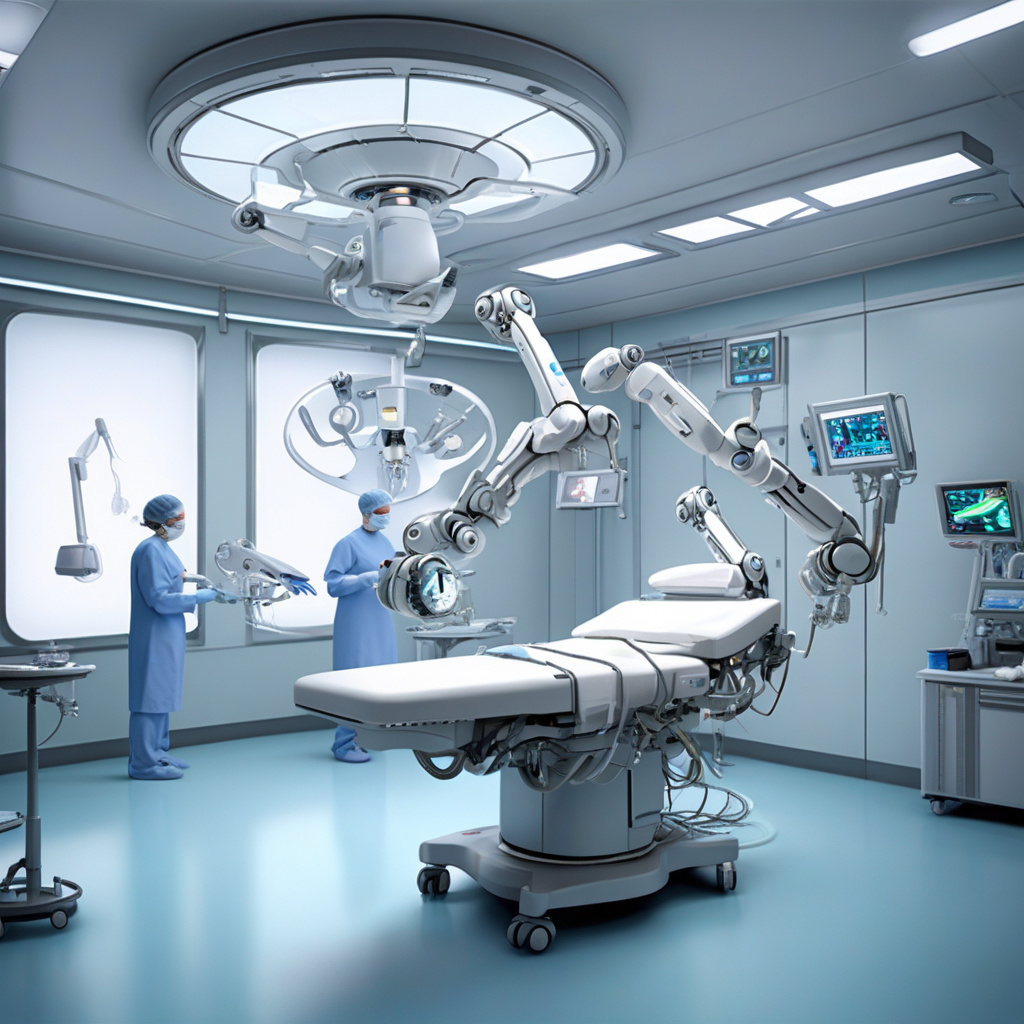Surgical Robot Hits Milestone with Autonomous, Adaptive Gallbladder Removal
A surgical robot has successfully performed a key phase of a gallbladder removal with no human intervention, marking a significant milestone in the field of robotic surgery. The groundbreaking procedure, which took place at a leading medical center, showcases the advanced capabilities of robotic technology in the realm of healthcare.
This achievement represents a major step forward in the evolution of surgical robotics, demonstrating the potential for autonomous systems to enhance the precision and efficiency of complex medical procedures. By leveraging artificial intelligence and machine learning algorithms, the surgical robot was able to adapt to the unique anatomy of the patient in real-time, making split-second decisions to ensure a safe and successful outcome.
The autonomous, adaptive nature of the robotic system not only streamlines the surgical process but also minimizes the risk of human error, offering patients a higher level of safety and reliability. Surgeons overseeing the procedure were impressed by the robot’s ability to navigate the delicate tissues surrounding the gallbladder with unparalleled accuracy, leading to a quicker recovery time and improved overall patient experience.
In addition to its autonomous capabilities, the surgical robot also incorporates advanced imaging technologies that provide surgeons with enhanced visualization during the procedure. By combining real-time imaging data with AI-driven decision-making, the robot can identify and avoid critical structures within the body, further reducing the likelihood of complications and ensuring optimal surgical outcomes.
The successful completion of this autonomous gallbladder removal underscores the transformative potential of robotic surgery in modern healthcare. As robotic systems continue to evolve and improve, we can expect to see a wider range of procedures being performed with greater precision, efficiency, and safety. Patients stand to benefit from reduced recovery times, lower complication rates, and overall improved clinical outcomes.
Looking ahead, researchers and medical professionals are exploring new applications for surgical robotics, from minimally invasive surgeries to remote operations in hard-to-reach areas. The integration of artificial intelligence, machine learning, and robotics holds immense promise for the future of medicine, offering a glimpse into a world where surgeries are performed with unprecedented accuracy and effectiveness.
As we witness the dawn of a new era in surgical innovation, it is clear that autonomous, adaptive robotic systems will play a central role in shaping the future of healthcare. By harnessing the power of technology to enhance surgical precision and patient care, we are paving the way for a safer, more efficient, and ultimately more successful healthcare landscape.
surgical robot, autonomous surgery, robotic technology, healthcare innovation, AI in healthcare









